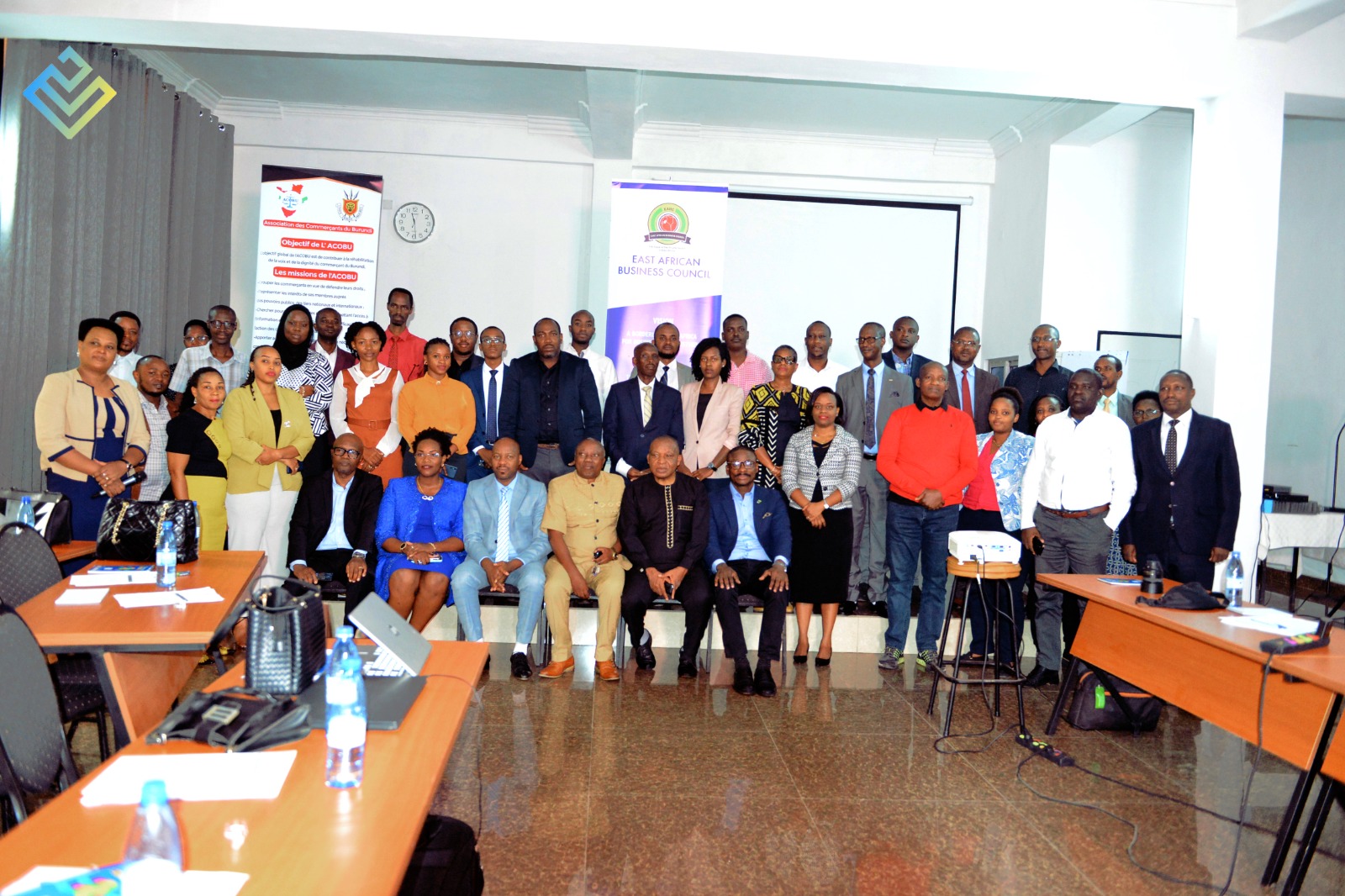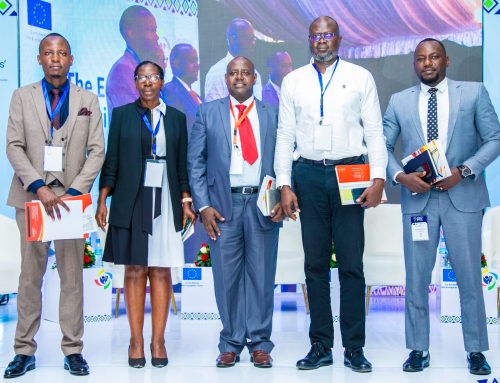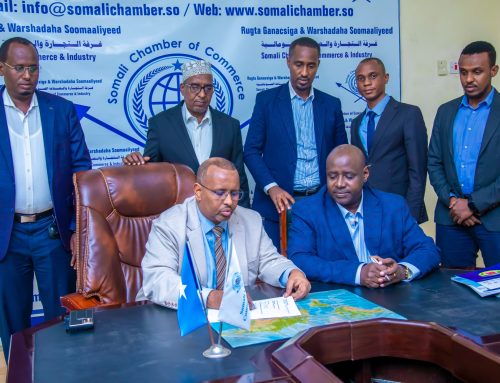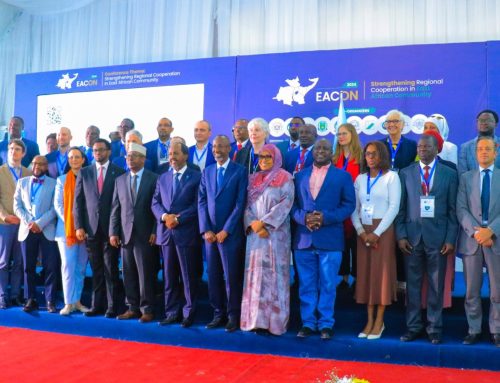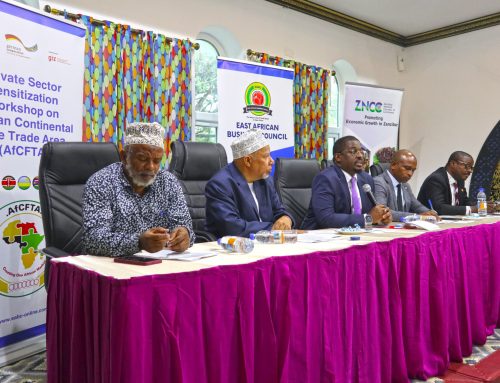Bujumbura, Burundi, September 11th, 2023: The East African Business Council (EABC), in collaboration with the African Export-Import Bank (Afreximbank), has launched a sensitization workshop on the African Continental Free Trade Area (AfCFTA) for Small and Medium-sized Enterprises (SMEs) and women in business in Burundi. The goal is to equip SMEs with the skills to effectively capitalize on the opportunities presented by the AfCFTA.
Speaking at the EABC-Afreximbank AfCFTA Sensitization Workshop for SMEs, Youth, and Women in Business in Burundi, the Chief Guest, Hon. Marie Chantal Nijimbere, the Minister of Trade, Transport, Industry, and Tourism, emphasized the importance of keeping youth and women in business informed about regional and continental trade dynamics, given their significant representation in the population.
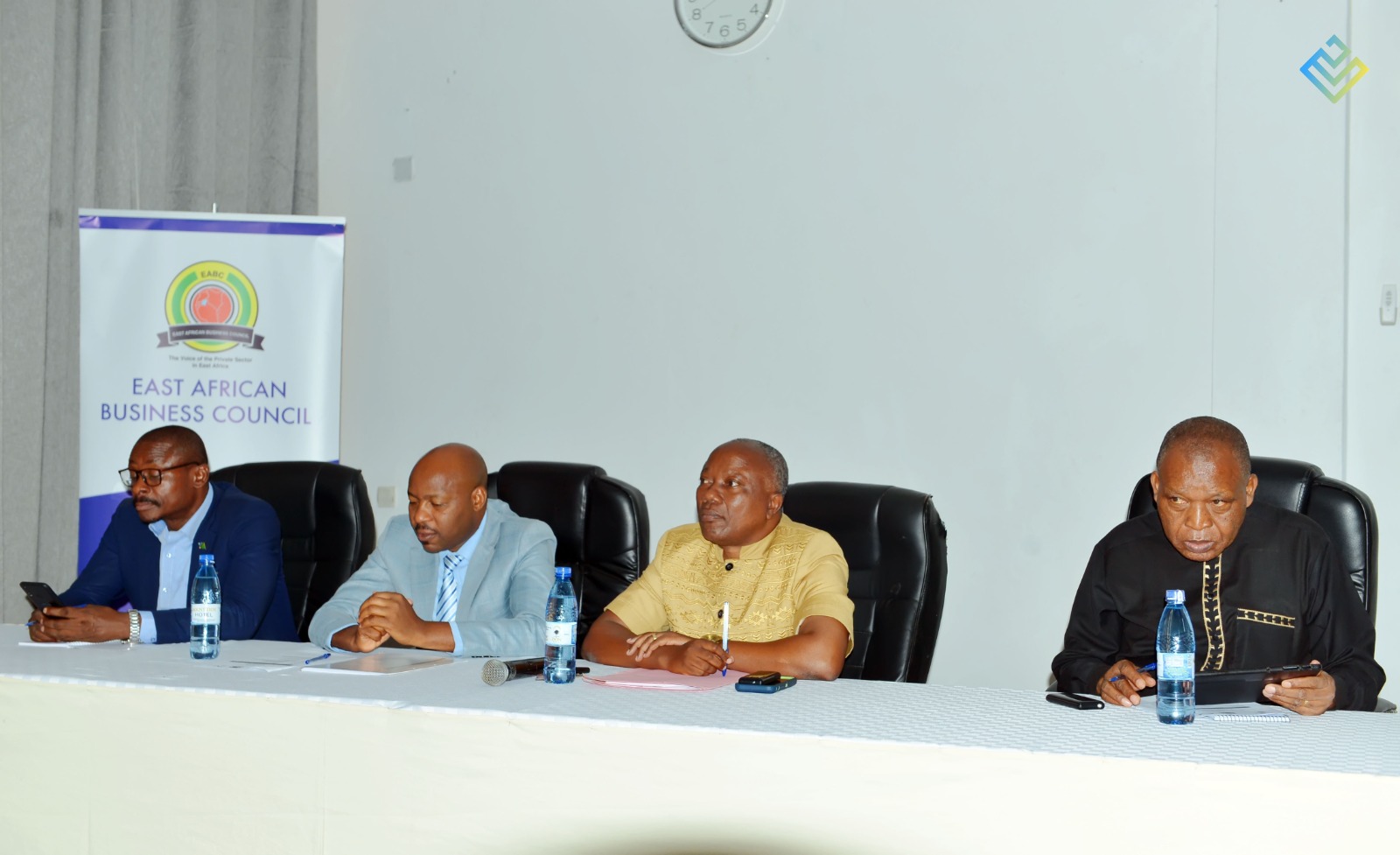
The Minister acknowledged the challenges, including infrastructural deficits, low industrialization, and persistent non-tariff barriers, which hinder the realization of the AfCFTA’s potential. She stressed that the AfCFTA offers the East African Community (EAC) region an opportunity to establish regional value chains, reduce dependence on external partners, and boost intra-African trade, ultimately improving GDP through domestic value addition.
Mr. John Bosco Kalisa, CEO of EABC, expressed appreciation to the Republic of Burundi for the successful finalization and validation of the AfCFTA National strategy. The interventions outlined in the AfCFTA National strategy for Burundi are poised to facilitate SMEs and women in business towards a seamless AfCFTA implementation.
Mr. Kalisa noted that the AfCFTA encompasses a market of 1.3 billion consumers, projected to grow to 1.7 billion by 2030, with an anticipated combined GDP of $3.4 trillion and consumer spending of nearly USD 4 trillion. Furthermore, effective AfCFTA implementation is expected to lift 20 million people out of extreme poverty and 60 million people out of moderate poverty by 2035.
On his part, Mr. Antoine Muzaneza, Board Director of EABC and Chairman of ACOBU, highlighted that the AfCFTA’s implementation is expected to increase investments and Foreign Direct Investment (FDI) on the continent. However, policymakers must invest in both hard and soft infrastructure, such as transportation and logistics supply chains, to facilitate cross-border trade. Building robust distribution networks will necessitate substantial investment.
Mr. Kalisa also emphasized that the AfCFTA’s objectives, regardless of their merit, will remain elusive unless micro, small, and medium-sized enterprises (MSMEs), the backbone of trade and production on the continent, can fully exploit emerging opportunities. Mr. Kalisa stressed the need for active engagement by governments, regional and continental institutions, and development partners, with a focus on eliminating non-tariff barriers (NTBs) that hinder trade among the EAC Partner States.
To fully harness the AfCFTA’s benefits, Regional Economic Communities (RECs) and governments must take the lead in harmonizing policies and legal frameworks to facilitate cross-border trade. This, however, requires strong political will and the creation of a favorable trade and investment environment.
The two day Sensitization Workshop will enable 40 SMEs and Women in Business to assess the current status of negotiations and understand the implications of the AfCFTA protocols on their businesses, preparing them to engage in trade with counterparts across Africa.

